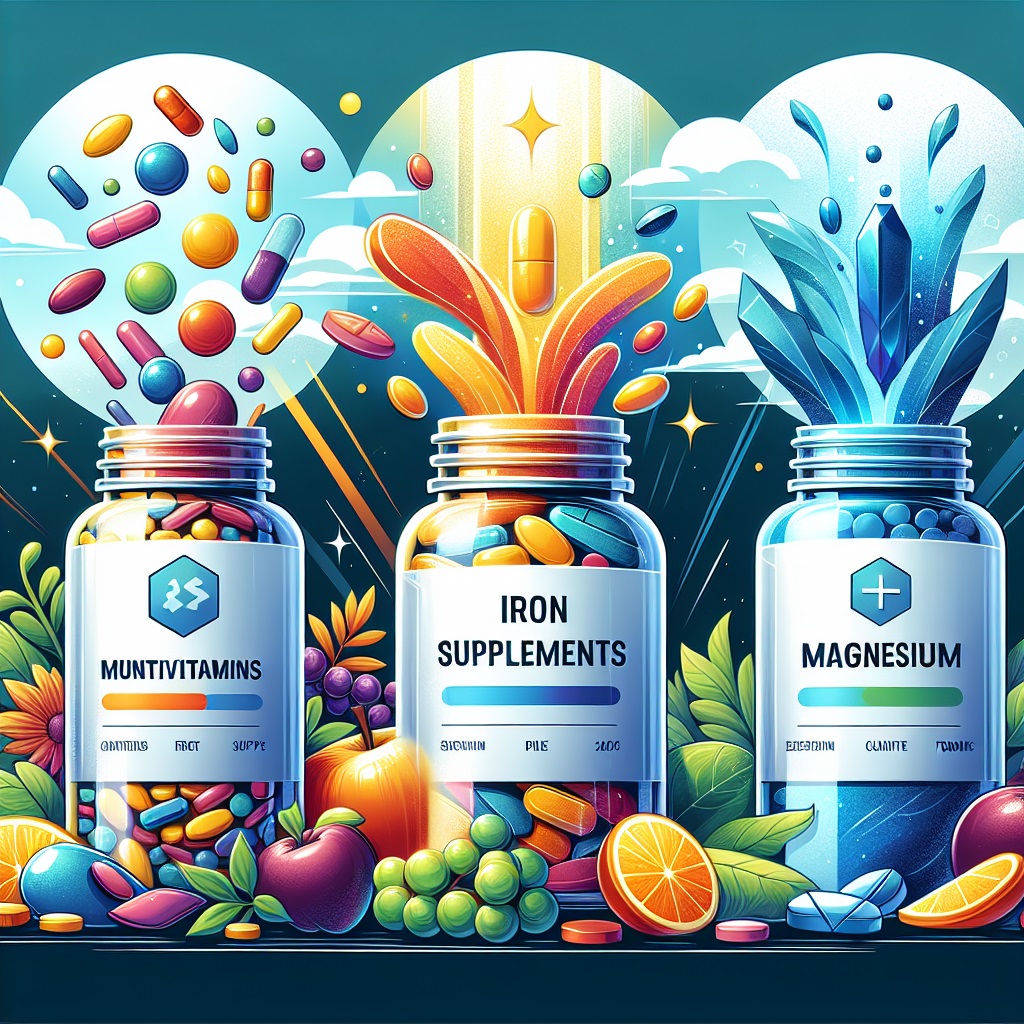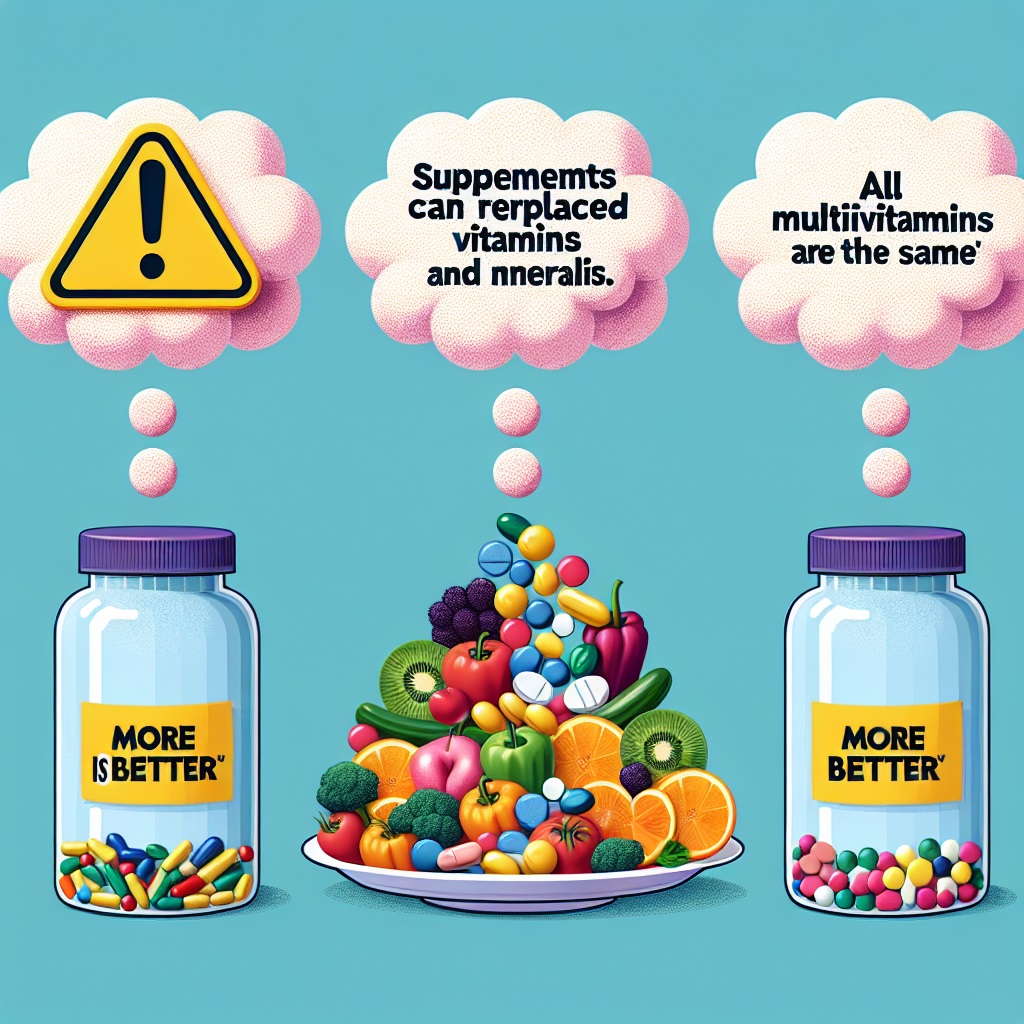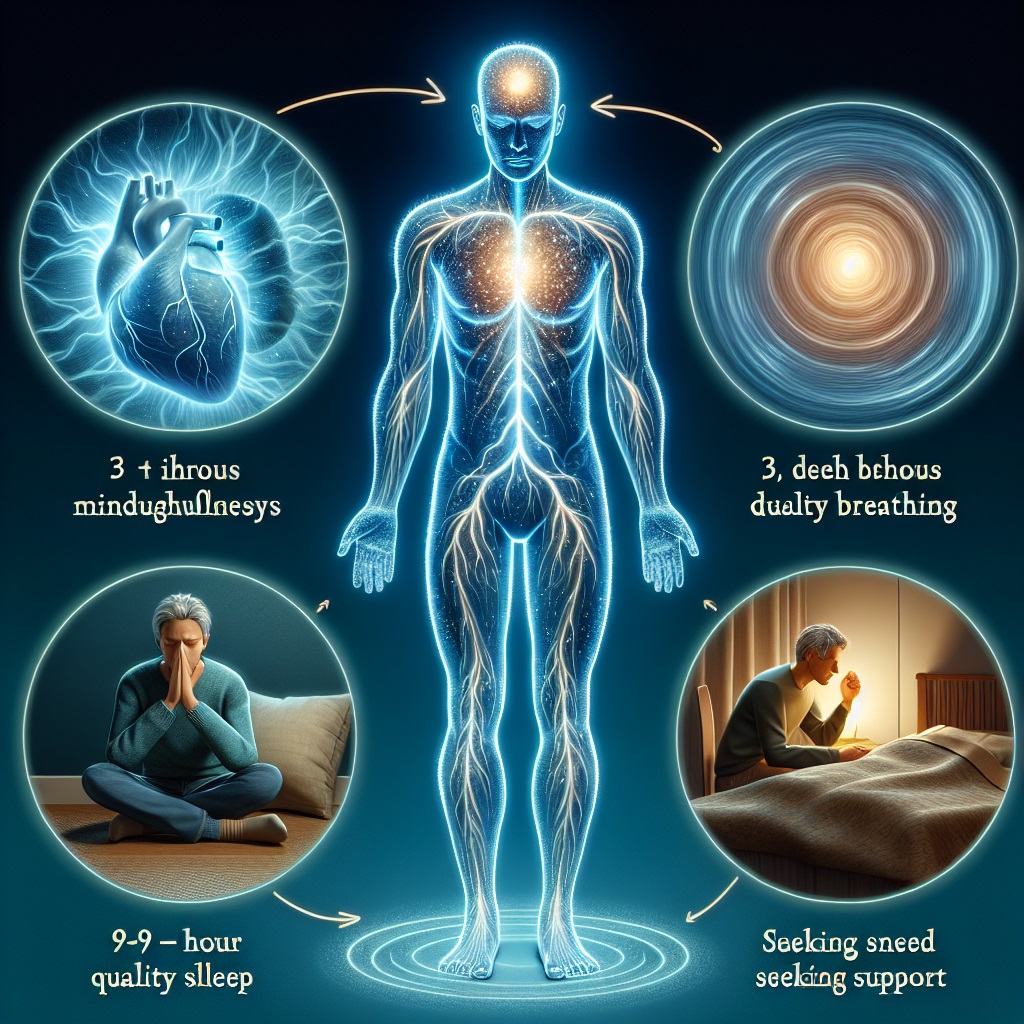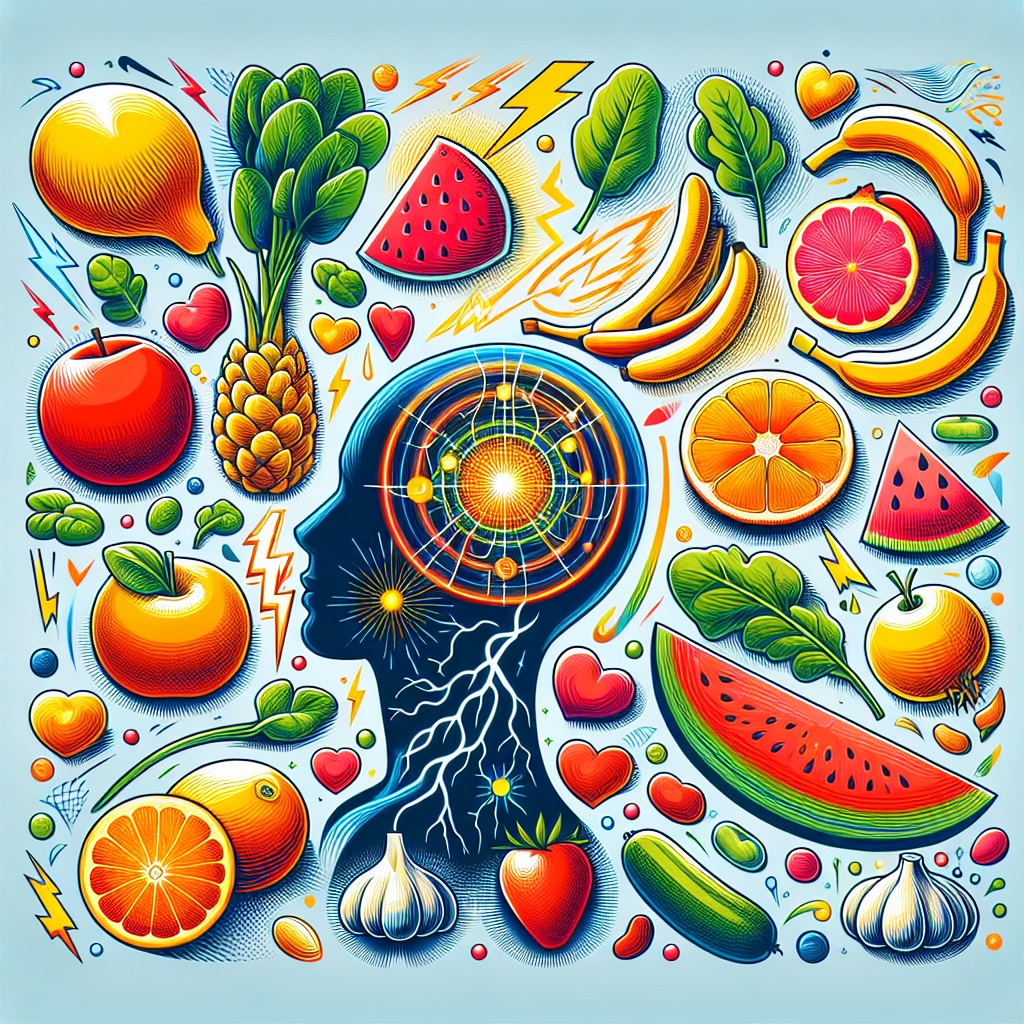Feeling sluggish and low on energy? You might be missing out on essential nutrients that can revive your vitality and enhance your overall health. In this blog post, we will explore key vitamins and minerals that can boost your energy levels and contribute to your well-being.
Why Vitamins and Minerals Matter
The human body requires a variety of nutrients to function optimally. Vitamins and minerals play crucial roles in metabolic processes, energy production, and overall health maintenance. They act as catalysts in biochemical reactions that allow your body to harness energy from food, support immune function, and maintain healthy skin, bones, and muscles.
Understanding Vitamins for Energy
B Vitamins – The Energy Boosters
B vitamins are a group of eight water-soluble vitamins that play significant roles in energy production. They help convert the food you eat into energy and support brain function and cell metabolism. Key B vitamins include:
- Vitamin B1 (Thiamine): Essential for glucose metabolism and energy production.
- Vitamin B2 (Riboflavin): Helps in energy production and cellular function.
- Vitamin B3 (Niacin): Vital for converting food into energy and maintaining healthy skin and nerves.
- Vitamin B6 (Pyridoxine): Involved in amino acid metabolism and neurotransmitter synthesis.
- Vitamin B12 (Cobalamin): Crucial for red blood cell formation and neurological function.
Vitamin C – The Immune Enhancer
Vitamin C is known for its immune-boosting properties, but it also plays a role in energy production. It helps the body absorb iron, which is essential for transporting oxygen in the blood. Additionally, vitamin C acts as an antioxidant, protecting cells from damage and reducing fatigue.
The Power of Key Minerals for Health
Iron – The Oxygen Carrier
The Iron is a crucial mineral that supports energy production by aiding in the transport of oxygen in the blood. Iron deficiency can lead to anemia, which is characterized by fatigue and weakness. Foods rich in iron include red meat, beans, spinach, and fortified cereals.
Magnesium – The Muscle Relaxer
Magnesium is involved in over 300 biochemical reactions in the body, including energy production, muscle and nerve function, and maintaining a healthy immune system. It helps convert food into energy and is essential for muscle relaxation and preventing cramps. Sources of magnesium include nuts, seeds, whole grains, and leafy greens.
Calcium – The Bone Builder
Calcium is well-known for its role in bone health, but it also plays a part in muscle function and energy production. It helps regulate muscle contractions and blood clotting. Dairy products, leafy greens, and fortified plant-based milks are excellent sources of calcium.

Read More👉 Supercharge Your Life with Health and Energy
Supplements for Energy and Vitality
While a balanced diet is the best way to obtain essential nutrients, supplements can help fill in the gaps. Here are some supplements that can boost your energy levels and overall health:
Multivitamins
A good-quality multivitamin can provide a comprehensive range of essential vitamins and minerals. Look for one that includes B vitamins, vitamin C, iron, magnesium, and calcium.
Iron Supplements
If you have been diagnosed with iron deficiency, iron supplements can help restore your energy levels. Be sure to take them under the guidance of a healthcare professional, as excessive iron intake can be harmful.
Magnesium Supplements
Magnesium supplements can be beneficial for those who have difficulty reaching their daily requirements through diet alone. They come in various forms, such as magnesium citrate, glycinate, and oxide, each with different absorption rates.
Practical Tips for Incorporating Nutrients into Your Diet
Eat a Balanced Diet
A balanced diet that includes a variety of foods from all food groups is essential for obtaining the necessary vitamins and minerals. Focus on whole foods like fruits, vegetables, lean proteins, whole grains, and healthy fats.
Stay Hydrated
Adequate hydration is vital for energy production and overall health. Water helps transport nutrients to cells and remove waste products. Aim for at least eight glasses of water a day, and more if you are physically active.
Avoid Processed Foods
Processed foods are often low in essential nutrients and high in empty calories. They can lead to nutrient deficiencies and negatively impact your energy levels and overall health. Opt for fresh, whole foods instead.

Read More👉 Pre and Post-Workout Nutrition Tips to Maximize Results
Common Myths About Vitamins and Minerals
Myth 1: More is Better
Taking excessive amounts of vitamins and minerals is not only unnecessary but can also be harmful. Stick to the recommended daily allowances (RDAs) and consult with a healthcare professional before starting any supplement regimen.
Myth 2: Supplements Can Replace a Healthy Diet
While supplements can help fill in nutrient gaps, they should not replace a balanced diet. Whole foods provide a complex array of nutrients, fiber, and antioxidants that supplements cannot replicate.
Myth 3: All Multivitamins Are the Same
Not all multivitamins are created equal. Look for reputable brands that offer high-quality, bioavailable forms of vitamins and minerals. Avoid products with unnecessary fillers and additives.
The Connection Between Diet and Energy Levels
Your diet has a direct impact on your energy levels. A nutrient-dense diet can help sustain energy throughout the day, while a poor diet can lead to fatigue and decreased performance. Here are some dietary tips to keep your energy levels high:
Eat Regular Meals
Skipping meals can lead to energy crashes and overeating later in the day. Aim for three balanced meals and two healthy snacks daily to keep your energy levels stable.
Include Protein with Every Meal
Protein helps stabilize blood sugar levels and provides sustained energy. Include a source of protein with every meal, such as lean meats, eggs, dairy, legumes, or plant-based proteins.
Choose Complex Carbohydrates
Complex carbohydrates, such as whole grains, fruits, and vegetables, provide a steady release of energy. Avoid simple sugars and refined carbs, which can cause rapid spikes and crashes in blood sugar levels.
The Role of Exercise in Energy and Health
Regular physical activity can boost your energy levels and overall well-being. Exercise increases blood flow, improves cardiovascular health, and enhances mood. Here are some tips to incorporate exercise into your routine:
Find Activities You Enjoy
Choose activities that you find enjoyable and sustainable. Whether it’s walking, cycling, swimming, or yoga, regular movement is key to maintaining energy and health.
Set Realistic Goals
Start with achievable goals and gradually increase the intensity and duration of your workouts. Consistency is more important than intensity when it comes to reaping the benefits of exercise.
Listen to Your Body
Pay attention to your body’s signals and avoid overexertion. Rest and recovery are crucial for preventing burnout and injury.

Read More👉 Practical Tips for a Sustainable Lifestyle
The Impact of Stress on Energy Levels
Stress can take a toll on your energy levels and overall health. Chronic stress can lead to fatigue, sleep disturbances, and a weakened immune system. Here are some strategies to manage stress effectively:
Practice Mindfulness
Mindfulness techniques, such as meditation, deep breathing, and yoga, can help reduce stress and improve mental clarity. Incorporate these practices into your daily routine to stay grounded and focused.
Prioritize Sleep
Quality sleep is essential for energy production and overall health. Aim for 7-9 hours of sleep each night and establish a consistent sleep schedule. Create a relaxing bedtime routine to promote restful sleep.
Seek Support
Don’t hesitate to seek support from friends, family, or a mental health professional if you’re feeling overwhelmed. Talking about your stressors can provide relief and new perspectives.
Conclusion
Incorporating essential vitamins and minerals into your diet can significantly boost your energy levels and overall health. By focusing on nutrient-dense foods, staying hydrated, and maintaining a balanced lifestyle, you can achieve optimal well-being. Remember, supplements can help fill in nutrient gaps, but they should complement a healthy diet, not replace it. Start your journey to better health today by making informed choices about your nutrition and lifestyle.
For more personalized advice, consider consulting with a healthcare professional or nutritionist who can guide you based on your individual needs. Stay energized, stay healthy!

